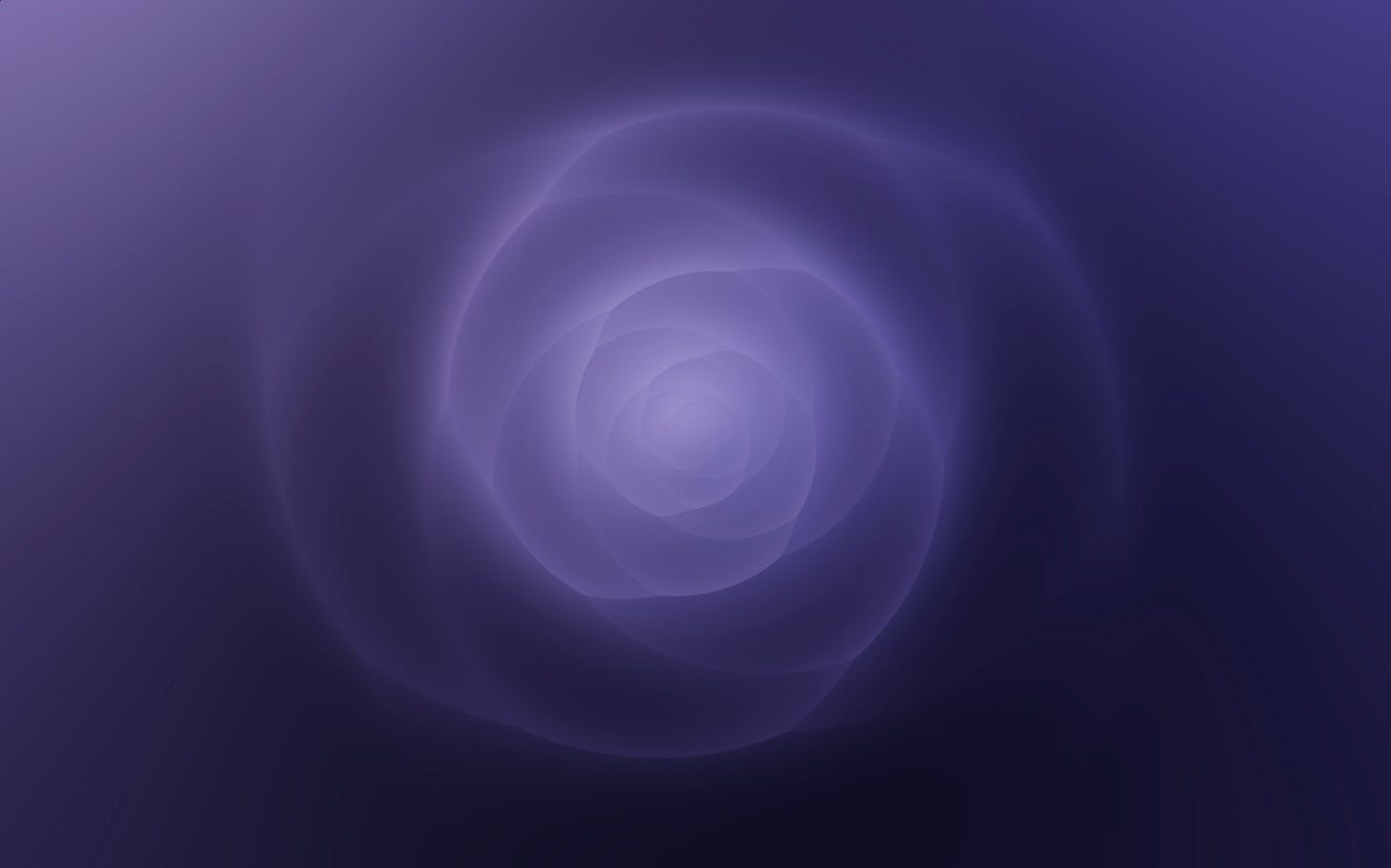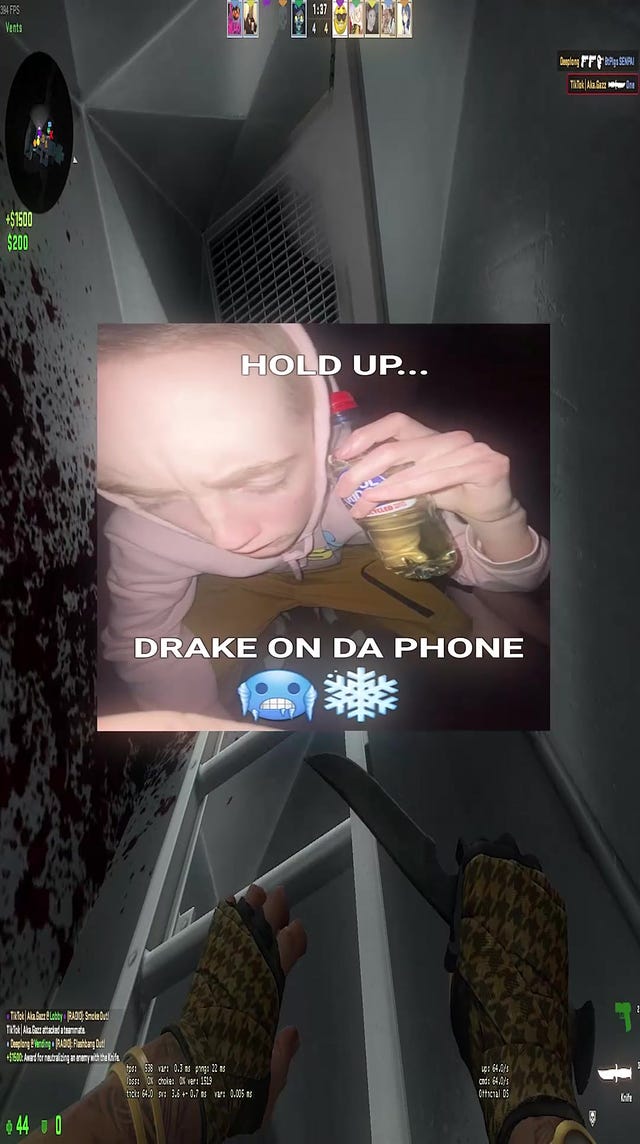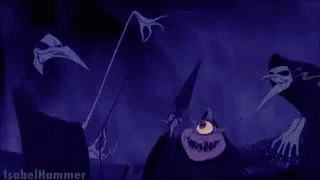After a break from the internet over the holidays I got back online, caught up on some reading and found myself talking to a friend:
Ben: I really wonder what lies 10 years down the line from here… we’re heading to bizarroworld
Z: We’re deep in bizarroworld and we’re just starting to get these juicy stories
I immediately realised that while everything is about to change, it also already has. The internet has been a shocking upgrade to the speed at which culture evolves. As soon as something enters the zeitgeist it can be encoded into meme-format and shared, remixed, analysed and integrated into language at a baffling rate. By posting our thoughts online and consuming the thoughts of others, we're running a massively parallel computation to determine our broader culture… for better or worse. The absurdity of online subcultures and the clashes between them has always fascinated me, often morbidly.

It seems that more and more time being spent online has lead to distinct phases in how we think about our interaction with the web:
Phase I: Real World ft. Computers
Phase II: Two Worlds, Online vs Physical
Phase III: Many Subcultures, Proliferation of Online Communities
Phase IV: Many Worlds, Post-Truth, Post-Media-Consensus
Maybe with the AI boogeyman on the horizon we're approaching yet another threshold, the most absurd one yet? When you juxtapose transmaxxing, FTX vs. everyone and the inbound commodification of all media it feels just a little bit like a post-modern cyberpunk dystopia is lurking around the corner.

Actually, shit, I think the dystopia is already here. The cultural framework that many western millennials grew up in is already gone and we barely started worrying about whether we wanted that before it happened. It's not that it's been destroyed per se, it's that we'll likely never return to a mostly-consensus agreement on, uh, anything.
Algorithmic recommendations and personalisation have enabled a bespoke ontology and epistemology for every one of us that gives the illusion of connection while isolating us more than ever. Strangely though, if we peek outside these confines at the broader picture, there are so many alternative cultures, filter bubbles, aesthetics and memes that we almost can’t help but zoom out and see the superposition of all ideaspaces surrounding us.
This new world requires big changes to navigating our information environment. Like most big changes, this isn't particularly comfortable to consider. It’s tempting to look the other way but I don’t think there’s a way back now that we've eroded trust in just about everything that past generations believed in. Many people find themselves asking if we're losing our humanness in all our supposed progress. Well, I was recently introduced to #corecore (an up and coming meme/aesthetic born on TikTok) that captures this feeling perfectly. It's simultaneously cringe, funny, annoying, satirical, earnest and depressing which is an apt description of online culture.
Even as we're cattle-prodded into the metaverse we're still capable of making fun of ourselves, of pushing culture beyond where it is today. Corecore is, to me, a sign that we're collectively digesting and accepting our rapidly changing cultural landscape. We're flailing about and, in the process, learning to communicate in a way that acknowledges our lack of consensus. I imagine there have been many times like this in history where it felt like everything was changing at once. Perhaps at the inception of agriculture, the printing press or industrialisation? Or perhaps this time really is different?
There are some elements of humanity that seem to persist no matter what is thrown in our path:
Stories
Archetypical Characters
Relationships
Conversations
Food
Health
Physical Embodiment
Hope
Consciousness
Whatever situation we find ourselves in, we are anchored to our past by these eternal themes. We may believe different things but we, broadly, still want the same pillars of a good life. Perhaps with transhumanist cybernetic/genetic augmentation each of these threads will also be severed. To be honest, I find that idea deeply unsettling. I don't think I would like a to live in a world robbed of everything listed above but I also know that everything changes1, eventually.
Somehow we have to integrate rapid cultural turnover into our culture so that we can find new ways of collective sense-making. Memes and language games got us into this mess, can they help us move beyond it? Terms like doomscrolling can snap our pathological interaction with technology into focus and allow us to examine our behaviour more deeply. Perhaps #corecore is a similar tool for understanding ourselves?

Sure, everything changes, mono no aware and all that. That said, accepting change does not mean giving up on shaping the future. To the contrary, it's only by accepting how things are right now and how they're changing in real-time that we can appreciate how things could be going forward.
Until next time,
✌️ Ben
Stuff I’ve been thinking about
📄 The Expanding Dark Forest and Generative AI
📄 Even More Bay Area House Party
📄 On morning routines, habit cues & remembering
📄 How to… use AI to generate ideas
Is impermanence itself impermanent? I’ll get back to you when I have a good answer to that.






